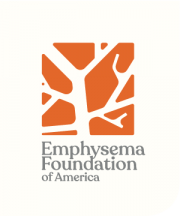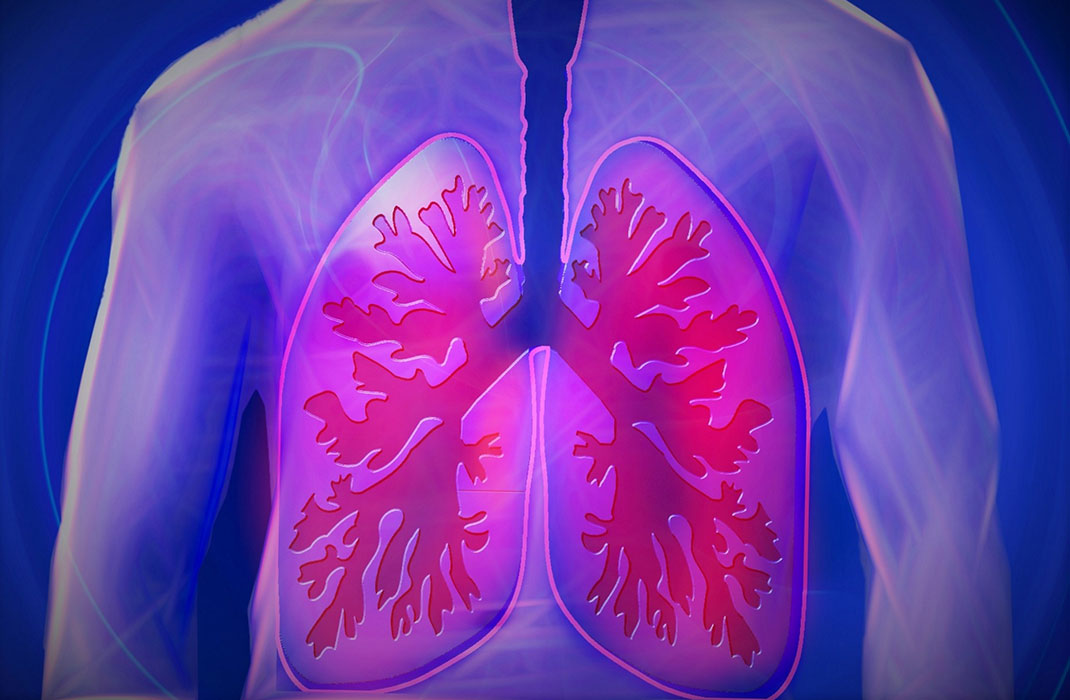Have you been a long-time smoker? Have you been exposed to environmental dusts or vapors while at work for years or decades? Did you live for long periods near sources of harmful air pollution? Do you have a family history of emphysema, bronchitis or COPD? If the answer is yes to any of these questions, you should be medically screened for this debilitating chronic ailment. COPD or chronic obstructive pulmonary disease, the umbrella term for emphysema and chronic bronchitis, is usually caused by long-term inhalation of tobacco smoke or other harmful particles into the lungs resulting in inflammation and damage to the lung tissue. A persistent inflamed airway leads to a narrowing of the opening for air to move. This inflammation, along with lung scarring and excess mucous production, leads to a reduction in air flow and the symptoms associated with COPD. COPD is the fourth leading cause of death in the United States.
What are the symptoms of COPD? The symptoms typically begin after the age of forty but can be seen even earlier in those with major lung damage at an earlier age. In the U.S. it is estimated that 75 percent of COPD diagnoses is due to smoking. Most individuals initially experience a persistent cough lasting more than 8 weeks (often called “smoker’s cough”), sputum production, and shortness of breath with exertion or physical activity. Unfortunately, as the disease state progresses, symptoms occur even when at rest. With advanced COPD, individuals experience progressive fatigue, chest tightness and the sensation of being unable to breathe. Those with advanced COPD are susceptible to additional medical complications such as frequent lung infections and heart failure.
If you are (or were) a long-term smoker, have had occupational exposure to workplace dust and fumes, and/or experience persistent cough, wheezing or shortness of breath, you should be screened by your doctor for pulmonary COPD. In addition to performing a physical exam, your doctor will likely order blood work and a chest x-ray. These tests are necessary to make the diagnosis of COPD and to exclude other medical conditions that can share its symptoms.
However, the most important test to diagnose COPD is a breathing test called spirometry. It’s a simple and painless test that requires the test subject to blow quickly and forcefully into a spirometer, a special machine that calculates air movement and lung volume. By comparing the test results from a COPD patient to a subject with healthy lungs (based on age, gender, height and weight) your doctor can understand the severity of the COPD. For example, if a person’s breathing scores are at least 80 percent as good as a healthy test subject then their COPD is considered mild; 50 to 79 percent is considered moderate; 30 to 49 percent is considered severe; and less than 30 percent considered very severe. The estimates are important for helping to predict a COPD patient’s treatment and long-term survival.
The long-term prognosis for COPD is often poor because there is no cure for this complex disease and most COPD patients refuse to eliminate the lifestyle factors that created the health problem to begin with. The disease gradually continues to worsen as long as the factors that produced the disease are unchanged. Beyond a certain point the lung damage is irreversible, even if the triggering factors are eliminated. With early diagnosis, adequate lifestyle changes (such as quitting smoking), and aggressive medical treatment, COPD can be effectively managed for many years.







